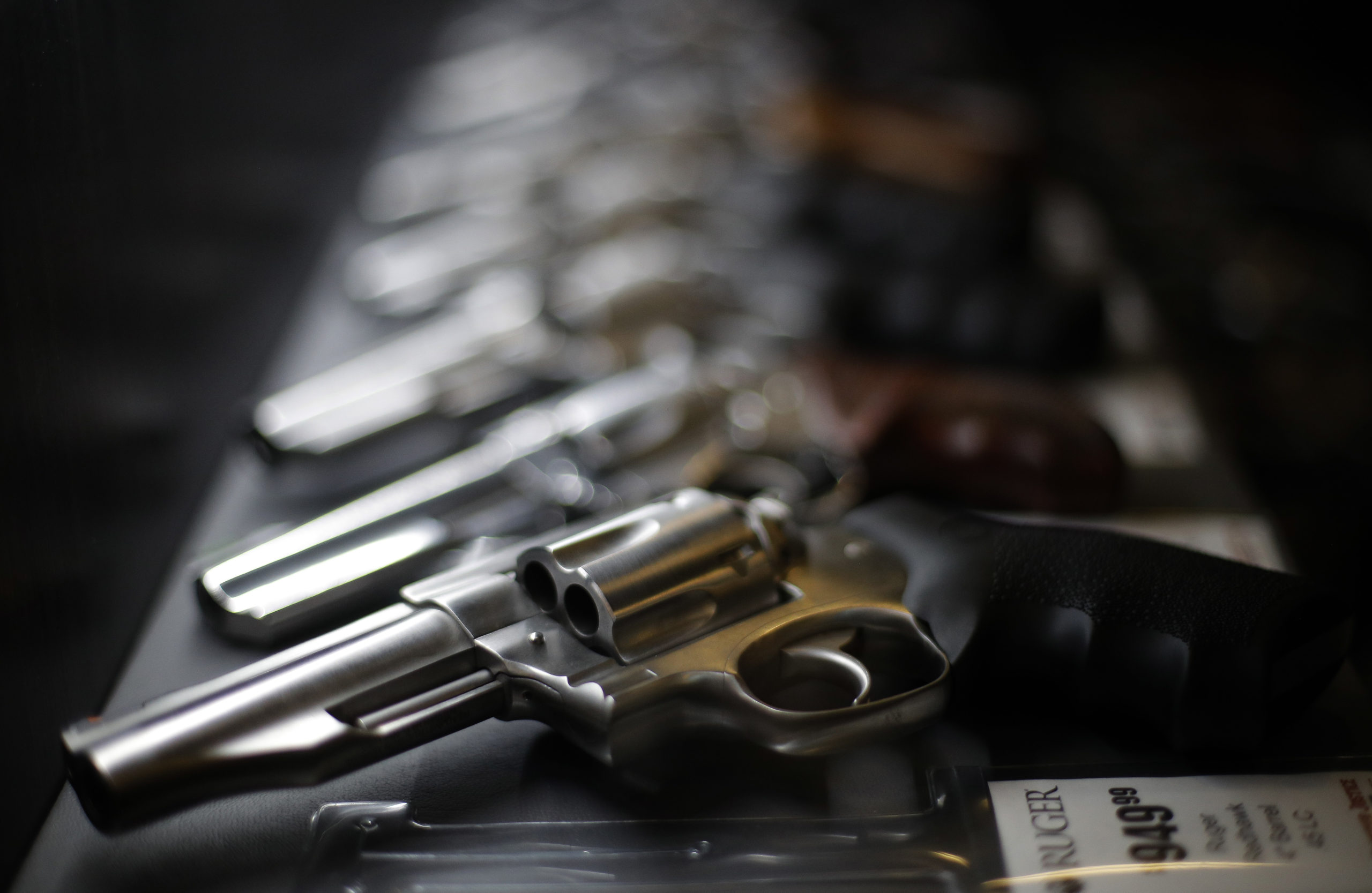What To Know Today
More permissive concealed carry laws led to higher gun crime, study finds. Researchers John Donohue, Samuel Cai, and Matthew Bondy of Stanford Law School and Philip Cook of Duke University looked at data from 47 big cities from 1979 to 2019. They found increases in violent gun crime (29 percent), gun robbery (32 percent), and gun theft (35 percent) following the introduction of shall-issue concealed carry permit laws. The researchers also found a 13 percent drop in the rates at which police clear violent crime cases after the introduction of the laws. “Any crime-inhibiting benefits from increased gun carrying are swamped by the crime-stimulating impacts,” the authors write. Numerous studies in recent years have likewise found that crime increased after the enactment of shall-issue laws.
Share of Americans supporting stricter gun laws up to the highest level since 2018. Sixty-six percent of Americans support stricter gun-sale laws, up 14 percentage points since October, according to a new Gallup poll that was taken shortly before passage of the Bipartisan Safer Communities Act. Twenty-five percent want laws to remain as they are, and 8 percent say they should be less strict. Another 82 percent of people said gun policies were “extremely important” or “very important” for their vote in the midterms, the highest level since 2000. Other findings:
- 8 percent of U.S. adults say guns are the most important problem facing the nation. That’s up from 1 percent in May and the third-highest response ever — compared to 10 percent after Columbine in 1999 and 13 percent after Parkland in 2018.
- Many measures have broad majority support, including universal background checks (92 percent approval); prohibiting those determined to be a danger to themselves or others from buying guns (86 percent); allowing red flag orders to seize guns from people determined to be a threat (81 percent); and raising the legal age limit to buy some guns from 18 to 21 (76 percent).
- But, support for banning assault rifles also came down, from 61 percent in August 2019 to 55 percent now. That, the poll found, owes largely to a decline in GOP voter support.
We recently looked at why the popularity of gun reforms hasn’t translated into law.
New York leaders reportedly nearing agreement to amend gun law after Bruen decision. The Supreme Court struck down the state’s discretionary “may-issue” scheme that requires applicants for a concealed carry handgun permit to demonstrate a special need. Governor Kathy Hochul called the legislature back in for a special session this Thursday to agree upon tweaks that can pass the Court’s new bar. Newsday reports that Hochul and legislative leaders are closing in on several proposals, including adding hours of training like “live-fire” practice, as well as coming up with a new list of so-called sensitive places like public transit where concealed guns would be banned.
“Warrior mindset” persists among Minneapolis Police despite reforms. That’s according to an investigation by the Minnesota Department of Human Rights, released in the spring and flagged by Bolts, that called out “a culture of unquestionable compliance and aggression” within the Minneapolis Police Department. In 2019, the city banned the use of so-called warrior cop training that preaches extreme vigilance and deadly force. But the latest report says reforms haven’t stuck. From the Trace: Warrior cop training is a lucrative industry.
Data Point
4 — the number of gun cases that the Supreme Court held pending the resolution of the Bruen decision. The high court will decide what action to take on them soon. [Duke Center for Firearms Law]

